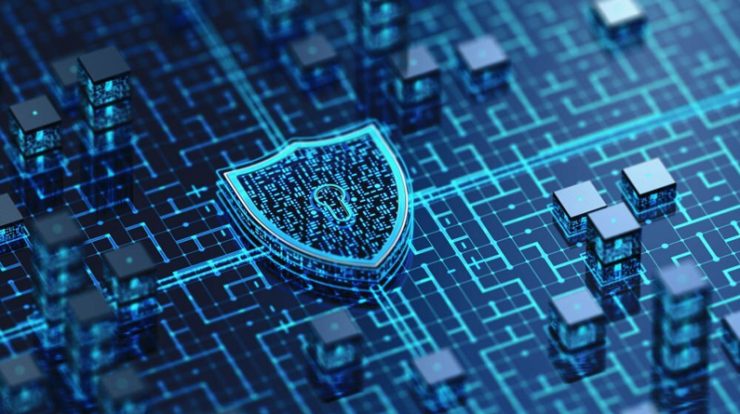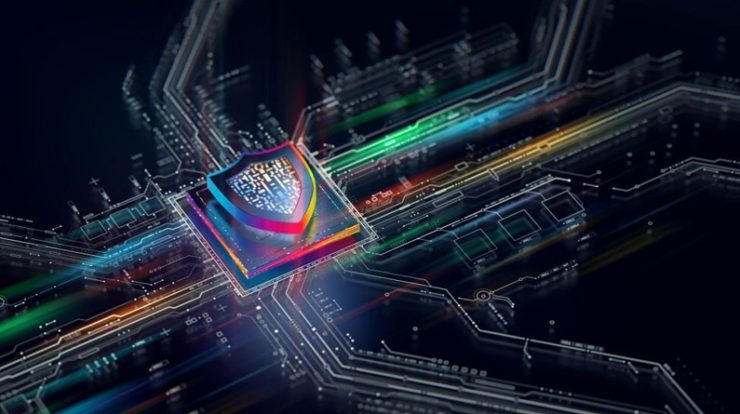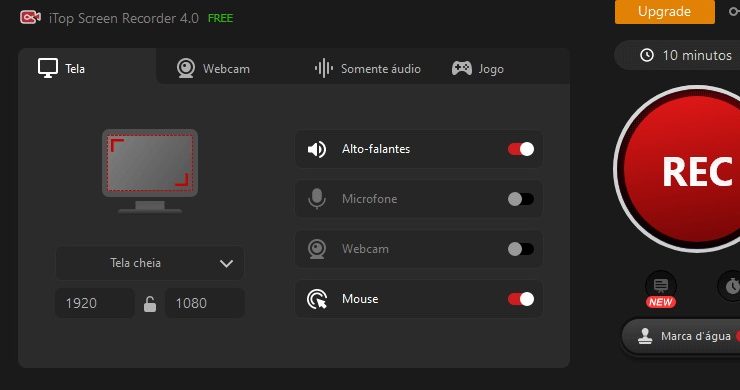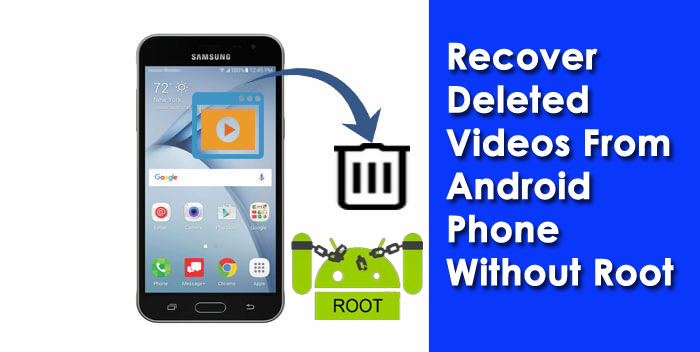
As 2022 marked its arrival, customers and internet wizards have high expectations from video surveillance systems. From the emergence of the first network cameras in the late 90s to the advent of multi-sensors and high resolution in the 2010s, surveillance technologies have come a long way. As per a report by Fortune Business Insights™, the market for video surveillance was valued at USD 19.12 billion in 2018 and will reach USD 33.60 billion by 2026 at a CAGR of 6.8% during the 2019-2026 period.
There is no denying that CCTV served as the precursor in taking security and safety to a whole new level. Meanwhile, with new technologies foraying into the landscape, the shift from analog to digital technology has unlocked the gate for cloud-based video surveillance. Amidst the world reeling under the pressure of the COVID-19 pandemic, cloud and AI technologies are predicted to lay the foundation for innovations.
Smart Video Surveillance Makes Inroads
Surveillance cameras have become trendier with the foray of automotive IoT endpoints across North America, Europe, and Asia Pacific. Smart cameras have gained popularity across commercial, industrial, and residential sectors. Some of the features of advanced video surveillance systems are highlighted below:
Ø Ease of Installation: Testing and implementation of cameras with a few clicks.
Ø Usability: Simple management and full control.
Ø Scalability: Easy addition and modification of functions and components.
With surveillance being almost ubiquitous, end-use industries have been at the forefront to adopt state-of-the-art technology. In doing so, warehousing and logistics have taken a giant stride to adopt surveillance solutions to improve operations and monitor the supply chain in real-time.
To provide the right product at the right price to the right place at the right time in the right condition to the right customer, efficiency and security are indispensable. Some of the major selling points of smart surveillance systems are delineated below:
Ø Streamline Warehouse and Logistics Operations: Smart video analysis has become sought-after to add value to security cameras, for example, in monitoring and detecting vehicles. Prominently, intelligent camera systems have the innate ability to detect outgoing and incoming vehicles. It is worth mentioning that governments and other stakeholders are using the technology at border crossings and toll stations.
Ø Boosting Safety and Security: Logistic companies are striving to do away with criminal activities, including burglary and theft through smart camera systems. Businesses can resume and reopen operations while ensuring security and safety.
Ø Customer Experience: At the time when customer relationship management has become the talk of the town, fostering customer experience has become the need of the hour. Real-time surveillance has gain impetus to monitor goods in real-time and spot if boxes are damage.
With the world recuperating from the pervasive COVID-19 pandemic, emphasis on solutions that can enhance efficiency and reduce costs will provide an impetus to the technology adoption.
Surveillance Cameras on the Horizon in Government Sectors
Governments have exhibited immense traction for surveillance equipment to prevent crime. While it could be contentious to claim if video surveillance minimizes crime, several experts opine that it reduces the fear of crime. Organizations have upped the installation of video security cameras as a proactive measure amidst terrorism threats. The technology has become a high-profile and cost-effective solution to bolster security.
Video Surveillance as a Service (VSaaS) becomes the Next Big Thing
Security cameras are well-position to prevent break-ins and crimes, thereby furthering the prospect of VSaaS. The technology has become invaluable to boost accessibility and storage. The trend for remote login and monitoring has become pronounced. The adoption of a highly-integrated smart video system can leverage remote monitoring. Moreover, digital surveillance systems are optimize with modern management software to keep abreast of the trend. Software solutions can search archived footage and provide the option of accessing the camera feed from any location.
Enterprises and organizations could also have access to advanced tools such as facial recognition and video analytics. It will help owners to keep unauthorize entry at bay. State-of-the-art solutions are sought to issue advance audible warnings when equipment malfunctions or harmful gases are leaked. Furthermore, round the clock monitoring could optimize supply chain operations.
CCTV Hacking—a Potential Bottleneck?
Given the exponential rise in internet penetration, hacking has become pervasive globally. Lately, offenders have been using victims’ smart devices to carry out attacks. For instance, in March 2021, the FBI claim hackers were able to view live camera feeds in schools, hospitals, jails, factories, and corporate offices. Several hackers also claim to have leaked hack materials to expose security flaws.
At the time when competition is at its peak, surveillance service providers are expect to infuse funds into tools to help customers recognize and track faces and other features such as possible gender and clothing color. The new normal could be live monitoring, camera controls, missing object detection, and foreign object detection.
Written By:
Sunil Jha
Sunil Jha has been a part of the content industry for close to four years. He focuses on penning down articles across a host of topics, spanning from business and technology to trade, finance and the English language. Sunil brings forth the expertise of intensive research and a strategic approach in his pieces. He is pursuing Masters in Journalism and Mass Communication.






